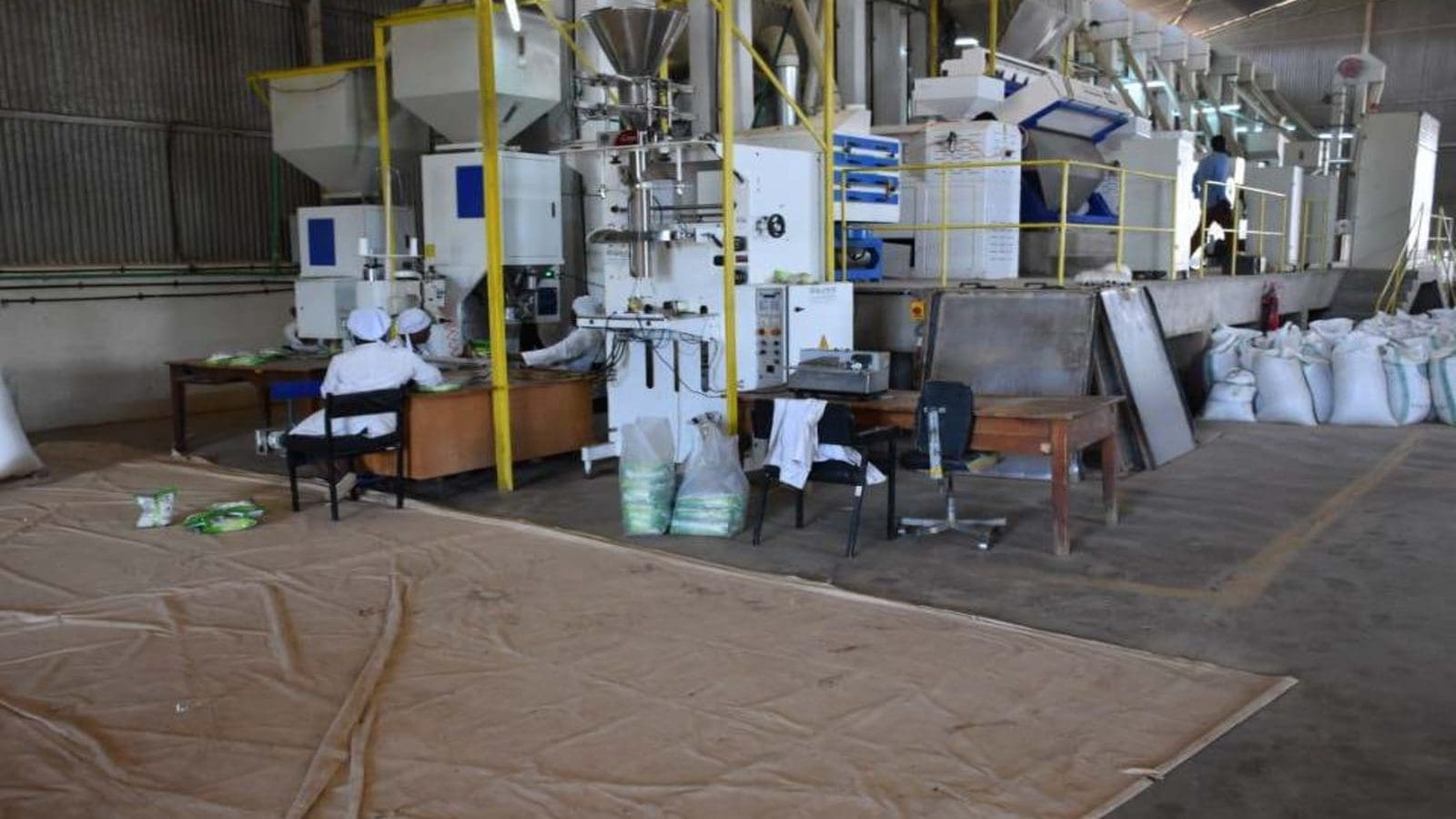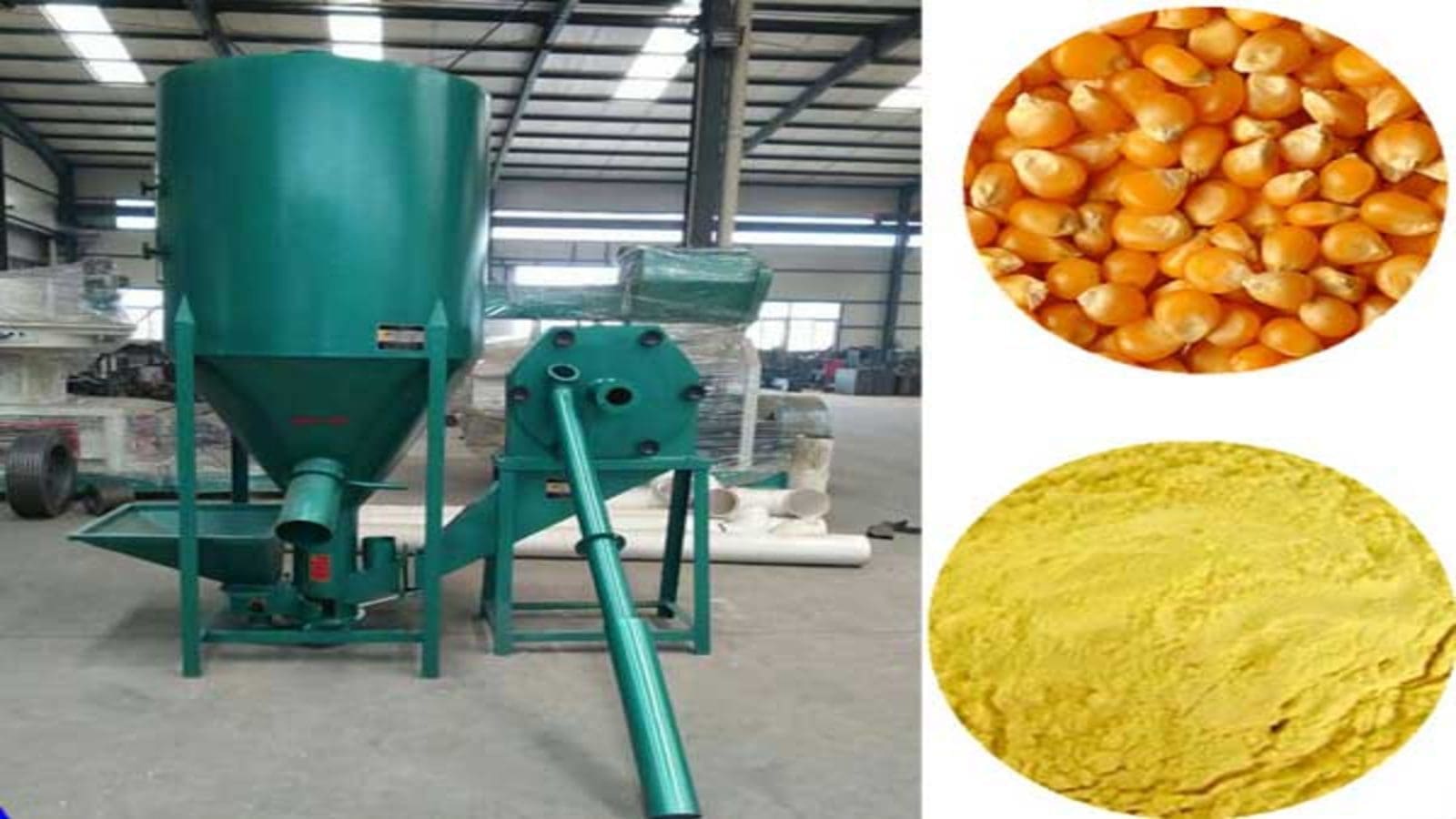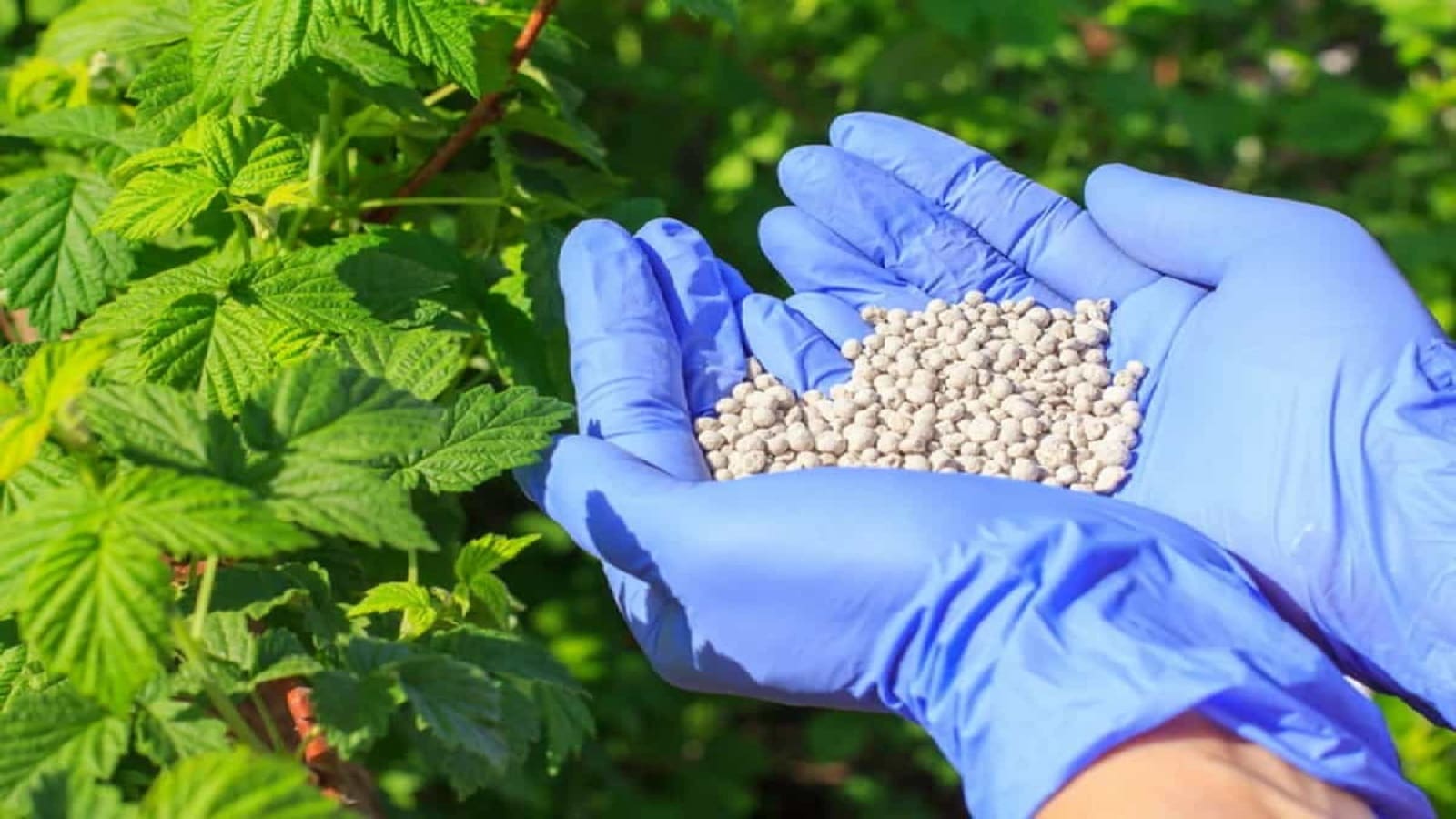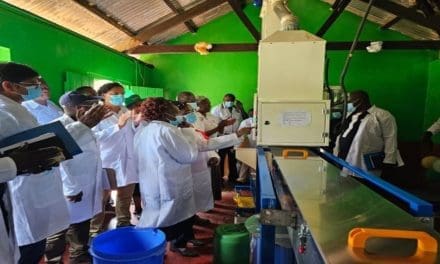KENYA – The National Cereals and Produce Board (NCPB) plans to install a new rice mill this financial year in Kisumu, in a bid to boost rice production and expand the market for farmers, the Nation has reported.
The mill, which will be located within its warehouses on Kisumu’s Nkurumah Road, would have the ability to process 2.5 tonnes of rice paddy per hour (TPH), according to the statement.
Therefore, NCPB is calling for a bidder who will only need to make improvements to the store, including but not limited to painting, upgrading the surrounding compound, floor repairs, partitioning, and creating some office spaces.
Rice is Kenya’s second most consumed food after maize. On average Kenyans consume 720,000 metric tonnes of rice annually against a production capacity of less than 100, 000 metric tonnes.
As a result, the country imports at least 80 percent of the total rice consumed locally, mainly from Pakistan to bridge the huge shortfall in production with traders and millers paying a 35 percent duty on imported produce.
However, the country has recently been opening up more land for growing rice as it seeks to cut cheap imports that have, on many occasions, negatively impacted farmers who grow the crop locally.
According to NCPB, the new mill will, however, complement the existing mills at the Lake Basin Development Authority (LBDA) and another at Ahero Irrigation Scheme.
In 2021, the state-owned LBDA constructed an Sh65 million (US$ 486,000) milling machine envisioned to create a market for farmers as well as cushion them from exploitation by middlemen.
In addition, the milling machine was poised to supplement an existing plant with a capacity of 3.5 tons of paddy rice per hour, and so far, the nation reports that it has benefited thousands of farmers from Kisumu, Migori, and Busia counties.
Thiba Dam, a boost the local production
Meanwhile, the Mwea irrigation scheme accounts for 80 percent of Kenya’s rice production playing a major role in the supply of grain in the country that heavily relies on imports.
In a bid to boost production, the National Irrigation Authority this year commissioned the Sh8.2 billion Thiba Dam to expand the size of land under the cover of rice at the Mwea Irrigation Scheme and consequently increase production to 250,000 metric tonnes.
However, the Ministry of Agriculture decries a rampant practice that is knocking off demand for the premium Mwea pishori.
According to the Ministry, Kenyan traders blend cheaper imports with the Mwea Aromatic Pishori rice to be traded as pishori variety, at a cheaper price, knocking off demand for the original variety that Mwea is known for.
To counter, the Agriculture Ministry’s Rice Promotion Programme Unit says the practice is illegal and should be stopped with legal action taken against those found engaging in the illicit business.
For all the latest grains industry news from Africa, the Middle East and the World, subscribe to our weekly NEWSLETTERS, follow us on LinkedIn and subscribe to our YouTube channel










